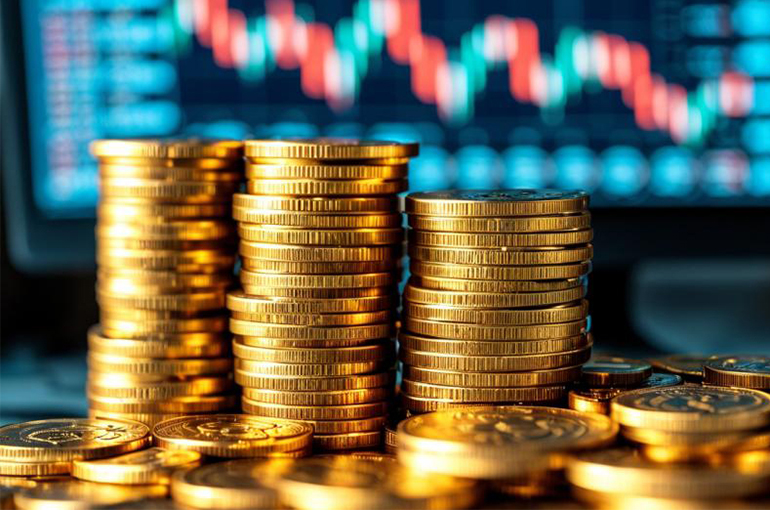 Mingde Strategic Dialogue 2024: Foreign Investment Crucial to Shanghai's Economic Development
Mingde Strategic Dialogue 2024: Foreign Investment Crucial to Shanghai's Economic Development(Yicai) Sep. 1 -- Foreign-invested enterprises are a vital component of Shanghai's economic development, contributing nearly 60 percent of the city's imports and exports, 40 percent of industrial output, one-third of tax revenue, a quarter of GDP, and one-fifth of employment, Shanghai's Vice Director of the Development and Reform Commission Zhang Zhongwei said yesterday.
Zhang made these remarks at the "Shanghai Economic and Financial Strategy Symposium", which is the part of the "Mingde Strategic Dialogue" organized by Chongyang Institute for Financial Studies,Renmin University of China.
As of the end of June this year, Shanghai had a total of 75,000 foreign-invested enterprises, with 985 recognized as regional headquarters of multinational corporations, about 20 percent of which oversee operations in Greater China or beyond, Zhang noted.
He emphasized Shanghai's commitment to creating a stable, transparent, and predictable business environment, allowing foreign companies to develop in the city with peace of mind and focus on their operations.
Accelerating International Financial Center Construction
Zhang stated that accelerating the construction of Shanghai as an international center for economy, finance, trade, shipping, and scientific innovation is a strategic vision set by the national government for Shanghai and the main thrust of the city's efforts to promote high-quality development.
Regarding the construction of an international financial center, Xie Shanhong, Director of the Policy Research Division at the Shanghai Municipal Financial Regulatory Bureau, noted that Shanghai's role in pricing financial instruments had been strengthening in recent years. For instance, the city now sets benchmark prices for the RMB exchange rate index and deposit and loan interest rates.
He added that market opening is progressing steadily, with the introduction of several interconnection mechanisms with overseas markets, such as Shanghai-Hong Kong Stock Connect, Shanghai-London Stock Connect, Bond Connect, and Shanghai-Hong Kong ETF Connect. Shanghai plans to further expand its opening-up in a more systematic and comprehensive manner.
Sino-Foreign Cooperation and Exchange
Sino-foreign cooperation and academic exchange were hot topics among several think tank scholars.
"I think Europe has an important role as a bridge between china and the united states." said Klaus Larres, a researcher at the Wilson Center's Global Europe Program and Kissinger Institute on China and the United States, and a professor of history and international affairs at the University of North Carolina at Chapel Hill.
He suggested that "the EU needs to reconsider how to further improve some policies to avoid losing trust between both sides."
Regarding China-EU relations, Axel Goethals, President of the European Institute for Asian Studies, noted that some EU member states act differently from others, and different member states have varying relationships with China. He believes that with different countries handling matters in their own ways, there is always room to find excellent solutions to strengthen China-EU relations, and he is optimistic about the long-term prospects of this relationship.
Mark Rozell, Dean of the Schar School of Policy and Government at George Mason University, shared his views on Sino-foreign academic exchanges.
He said that during this trip to China, he hopes to learn about the roles universities and research institutions in Shanghai and across China play in regional development.
Larres also expressed hope to see more American students studying in China, saying it "could strengthen global exchanges."
Wang Wen, Executive Dean of the Chongyang Institute for Financial Studies at Renmin University of China, noted that the number of American students studying in China peaked in 2016-2017 at over 20,000 but has since declined. Nevertheless, he believes the number will grow again and reach even higher levels in two to three years. He remains optimistic about this trend.